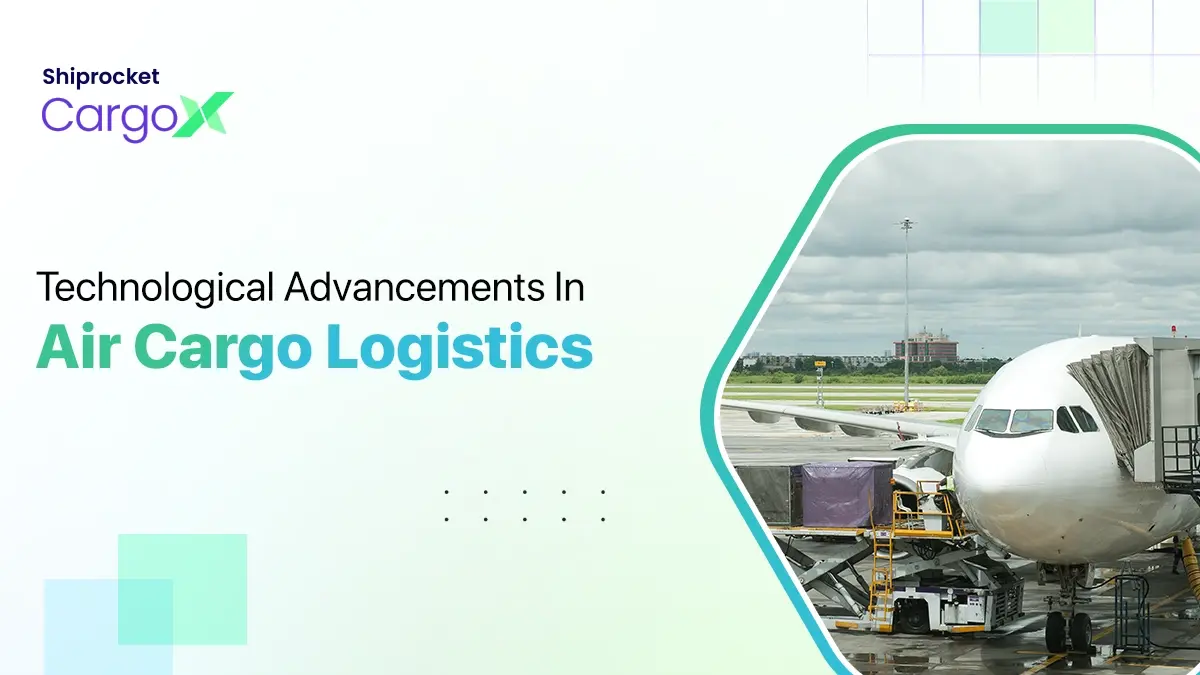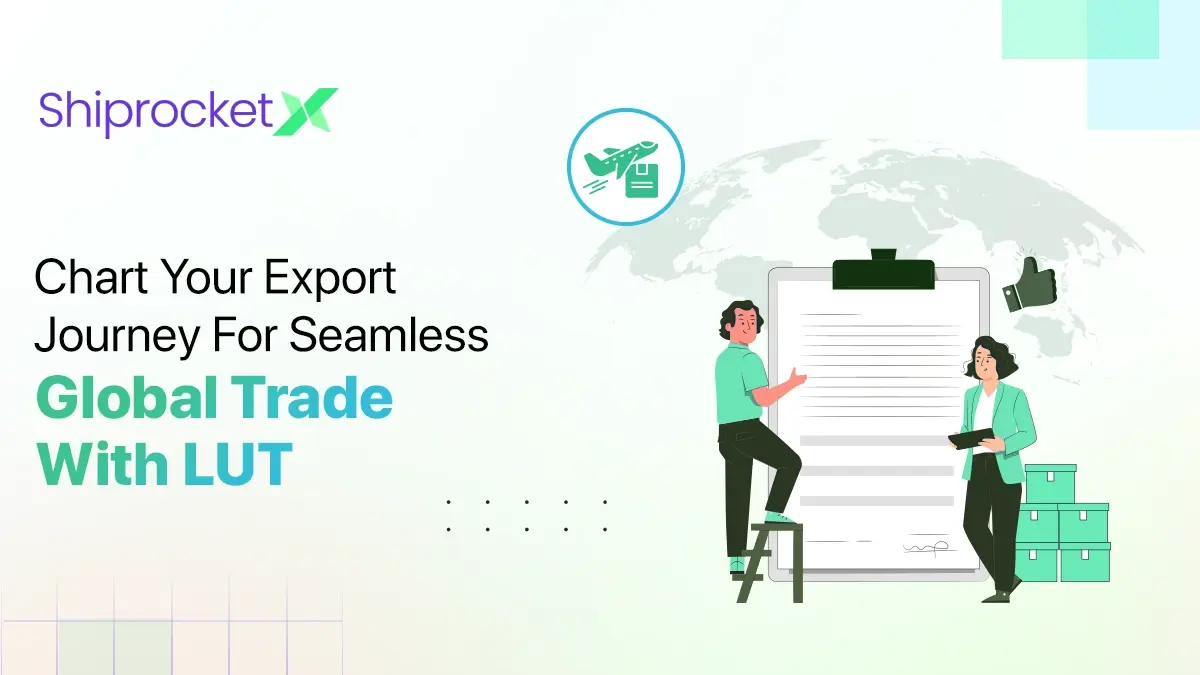Understanding FRDM Charges in International Shipping
Introduction
An international shipping term that refers to all the transportation costs incurred for a shipment along with the applicable duties until its delivery is known as FRDM or simply Free Domicile Charges. It is inclusive of insurance and the transportation costs to move the consignment to the destination. When you ship across borders, you need to ensure that you are aware of all the costs that will show up on your final invoice. Hidden charges can come off as a surprise to the shipper. Thus, understanding where every penny is spent during shipping will determine whether or not the shipping costs are within your budget. By understanding FRDM fees, you will realize the responsibility you have as it determines the validity of your proposal about the movement of a shipment across borders.

Free Domicile or Delivered Duty paid (DDP), storage fees, prohibited item fees, weekend delivery surcharge, and quarantine charges in various countries are some of the different hidden charges that can show up on the invoice of the shipper. These charges can be different while shipping in different countries. Several countries like Albania, Estonia, Rwanda, Kenya, etc., do not accept DDP and prohibited charges. This article outlines everything there is to know about FRDM and its relevance in international shipping. It will give you a greater insight into the particularities of all the hidden charges.
FRDM Charges Overview
FRDM charge is the sum that a shipper pays when they ship goods internationally. It includes all the costs incurred in transporting a consignment along with the applicable duties levied on it until delivered to the destination. These charges vary from one country to another based on the type of consignment being shipped, its insurance, cost of transportation, type of items being shipped, and so on.
Delivered Duty Paid (DDP) allows the shipper to pay import taxes, duties, and disbursements to the Customs Authorities on behalf of the importer to gain quick clearances and delivery without charging the buyer for the same. The paperwork for the same must be submitted to enable the clearances.
Common FRDM Charges and Their Descriptions
A. Agri. Processing:
A Phytosanitary certificate is a piece of proof that validates that agricultural products have been inspected and are free of pests and diseases. It is a vital document when you are shipping agricultural products across the borders. Two different types of phytosanitary certificates are issued. One is dedicated to domestic plants and their products that are exported while the second is domestic plants and their products that are shipped to another state within the country.
B. Brokerage GST:
An agent who helps you with your international shipping processes is under the GST law and they carry out activities under the principal-agent method. GST rates for commission agents and brokers at 18% apply to the taxable value given by the agent in India.
C. BTA Prior Notice:
The Bioterrorism Act Prior Notice is a cautious initiative that needs the Food and Drug Administration (FDA) to receive prior notice of the food being imported or being offered for importing to the United States after the twelfth of December, 2003. BTA was started to protect the safety and health of the general public from an actual or intended attack by terrorists through the nation’s food supply.
D. CA Customs Hist:
It refers to the Canadian local tax laws. Any products shipped to Canada might be subjected to the Goods and Services Tax or simply GST along with duty. You must be specifically exempted to avoid such taxes. You will also be levied a 5% GST tax on products you import into the country via mail. The duties are calculated by the CBSA based on the value of the products being imported. It is valued in Canadian funds.
E. Disbursement Fee:
A seller’s charges to cover payments made during the entire work process on behalf of the consumer or buyer is termed a disbursement fee. For instance, BlueDart might be charged a fee for duty and taxes for a specific shipment on behalf of the customer. The disbursement fee is then added to the final bill to cover all payments. It is a part of the ancillary charges.
F. FDA Clearance:
All goods and services in the US must meet a certain set of prerequisites when being imported from other countries or even when made domestically. The guidelines to manage food and drug imports are created with the idea of safeguarding the consumers. The process of screening all goods before they enter the United States is known as the FDA clearance process. All goods must be declared to the US Customs and Border Protection agency, and hence, all activities are monitored by the FDA.
G. Warehouse Fees:
It refers to the demurrage charges the seller or cargo owner pays for using a specific container within the terminal after the free period. Demurrage charges can also be levied when a full container is not moved out of the port or airport terminal for unpacking within the leeway period. They are calculated based on the penalty rate of the specific country, for each day past the free period. These charges are levied by the shipping company and the storage facility.
H. Import Duty:
Import duty is a form of tax that is charged on the import of certain goods by a nation’s customs authorities. The tax will be based on the value of the goods being imported in that specific nation’s currency. Import duty is also called import tariff or tariff, customs duty, etc. The charge levied is calculated as the percentage of the assembled value of the goods being imported, by adding the cost of the goods, their insurance, as well as freight charges.
I. Delivered Duty Paid FRDM:
The term Delivered Duty Paid FRDM is an international trade term that describes a deal struck between a buyer and seller where the seller agrees to take up responsibility for all costs incurred until the goods reach the destination. It is a mutually agreed upon contract. All duty irrespective of VAT or GST is taken care of by the seller along with the customs formalities.
J. Address Correction:
Charges levied when a shipper enters or updates an incorrect delivery address, making the carrier company correct it at their end is known as the address correction fee. A spacing error or a spelling error is also a criterion to be charged.
K. Shield Charges:
Shield Charges are percentage fees calculated based on the value of the goods. When a shipment is covered under the Shield, in cases where they are lost or damaged, the seller will be compensated for the declared value of the goods. Most shipments that are declared up to 10,000 USD might be covered under this service.
L. Quarantine Charges in Australia – Inspection Charges:
The AQIS or Australian Quarantine Inspection Service is an agency that requires all consignments entering Australia to be subjected to an inspection and gain clearance before they can be delivered. It levies a charge for this and it ranges approximately between AUD 16.50 to 22.00 per cubic meter, with a base charge of about AUD 88.
M. Prohibited Item Fee:
Several countries have a list of items that cannot be shipped across borders. These include money, bank bills, biological substances, weapons, firearms, etc. In case such items are shipped via a container, the shipping company will charge the customers a basic administration fee along with hefty charges for transporting prohibited items.
N. Residential Delivery Surcharge (US-CA):
When a shipment is made commercially to a location where the carriers deem it to be residential, residential surcharges are likely to be levied. With the right strategy in place, you will be able to minimize these costs or at least understand how they affect your overall shipping costs.
O. Weekend Delivery Surcharge:
An extra charge or fee placed on shipping a consignment during the weekend is known as a weekend delivery surcharge. Such time-sensitive shipments are mainly shipped on days that are not working days in most countries Hence, an added cost will be reflected on the final invoice. With the right negotiation skills, you can minimize these charges substantially.
P. Commercial Clearance Charges:
A mandatory procedure for permitting goods that are transported to a country through an authorized customs agent or broker is called commercial customs clearance. For this process, the agent will levy a charge known as a commercial clearance charge. This can be a flat rate or in percentages corresponding to the size of the consignment.
Q. Return:
The process of managing and handling the returning process of shipped goods in international transactions is termed returns. It has its own set of sequential activities including return authorization, clearance of customs, transportation, inspection, and final disposition.
R. Customs Clearance Charges:
A fee paid to the customs broker directly or customs clearance agent to cover the costs of submitting the documentation and processing the payment for duties levied is known as a customs clearance charge. This charge can be either a flat rate or in percentages based on the value of the shipment.
S. Handling Charge:
The cost of packing, preparing, and sending the orders to the purchaser is called handling charges. These are extra fees levied on top of the product tax charges.
T. UAE – Duty and VAT for Sample Shipment:
In the United Arab Emirates, the duty rate is 5% of the total value of the shipment with an addition of cost freight insurance. It is also important to note that the duty on cigarettes is 100% of its value and alcohol is 50%.
U. AUS Duty/VAT for Sample Shipment:
The Australian Border Force says that a 10% GST will be levied on all taxable goods imported into the country unless exempted for a specific reason. All cargo consignments are charged at a standard 5% import duty rate, and 10% GST based on the FID price and the duty.
V. USA Duty/VAT for Sample Shipment:
The duty ranges between 0 to 37.5%. However, the typical rate for most imported consignments is around 5.63% of its value. All eCommerce purchases are levied with a 3% flat rate that is more than the threshold limits of the US import standards. Thus duty of customs is paid upon a 20% VAT payment.
Factors Influencing FRDM Charges
Here is a list of factors that influence FRDM charges:
- Dimensions and weight: Several hidden charges are calculated in percentages of the overall size of the shipment. Thus, the greater the dimensions and weight, the higher the FRDM charges.
- Customs and duties: The customs and duties imposed on shipping can be different in different regions. Understanding the tax laws and shipping laws of other countries can help you strategize correctly while shipping. Unfortunately, customs and duties are non-negotiable. They must be paid for shipments to pass through borders.
- Additional Surcharges: These are the extra charges that come with delivery. These can be levied for hard-to-access areas, insurance purposes, fuel, and so on.
- Insurance: Insurance might not be a mandate but is certainly worth investing in. It adds a layer of safety. However, the addition of insurance can increase your FRDM costs.
- Quarantine charges: Many countries have a quarantine charge when a shipment gains clearance. This costs an additional buck and therefore increases your FRDM costs.
Managing and Mitigating FRDM Charges
There are several ways you can avoid FRDM charges. Here are some of the most effective ones:
- Factor in all shipping costs upfront. It can help you set prices that account for all related costs and avoid any unexpected expenses.
- Opt for packaging solutions that ensure lower shipping costs depending on the weight and dimensions of the goods.
- Try working with multiple suppliers close to your bigger customer base. It can help you reduce the shipping distance and associated costs.
- Use shipping aggregators. It enables you to compare costs from different shipping companies and choose the most cost-effective option.
Conclusion
Several additional costs can take you by surprise when you receive your final invoice. A good understanding of all the possible additional shipping charges you might have to bear can help you find solutions to avoid them. To mitigate hidden shipping charges you must have a clear understanding of what could happen during international shipping. Through effective mitigation and handling strategies, you can minimize or eliminate FRDM charges substantially.
Sellers should be aware of hidden shipping charges because they can impact the overall cost of shipping. These also play a crucial role in buyer-seller dynamics, enabling sellers to plan for unexpected costs and carefully consider the decision to offer free shipping.
Nondisclosure of hidden shipping charges can result in legal consequences for the defaulting party. However, the legal implications will vary depending on your jurisdiction.
While absorbing shipping costs can improve customer experience, it can negatively impact profit margins. You can try other ways to improve customer experience. These include absorbing shipping costs into the product price and offering free shipping on expensive items to increase average order value.





